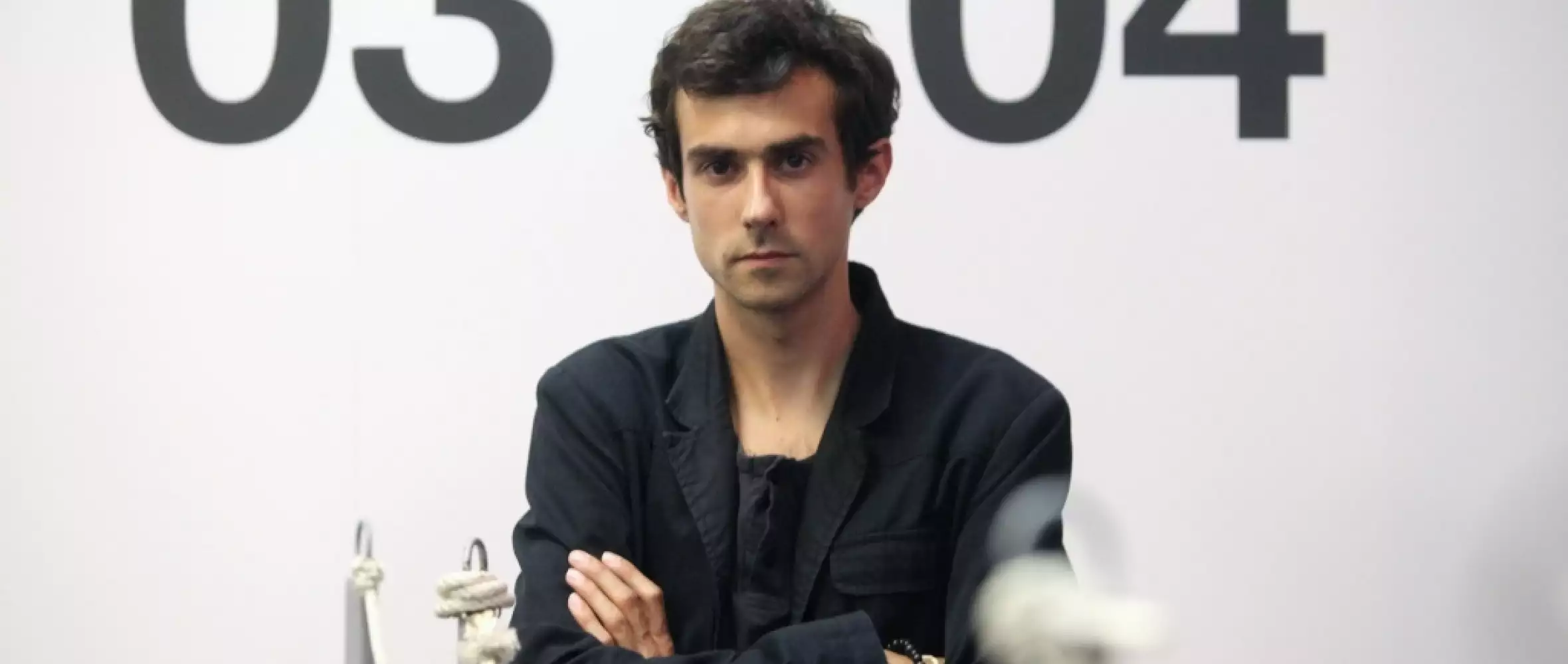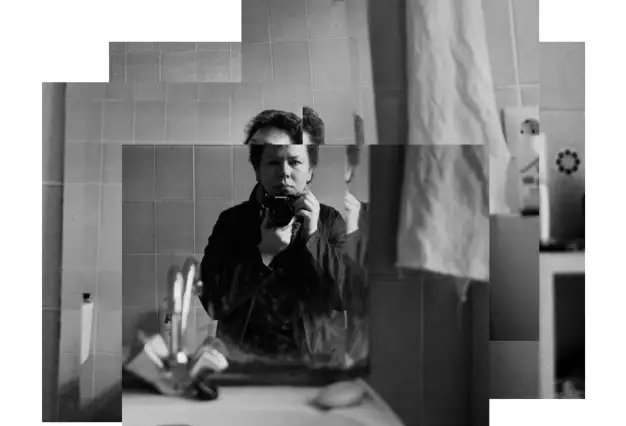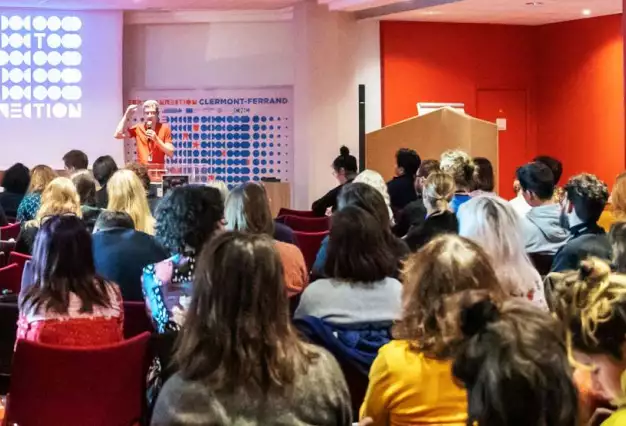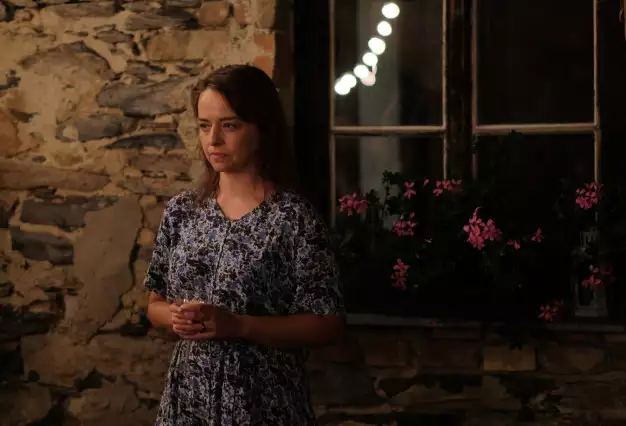
26 April 2016
OUTside
Berlinale Co-Production Market
OUTside
Berlinale Co-Production Market

A young au pair begins to gradually and systematically disappear and abandon her humanity as a result of manipulation by a radical family community. How easy is it to erase and replace the old order? How easily can you lose sight of yourself? And is it possible to come back?
The story of Outside is inspired by real events. In September 2013, the German police raided two communities in Klosterzimmern and Wörnitz and took forty children away from their parents on the grounds of suspected abuse. They were members of the “Twelve Tribes” religious sect, which raised children with punishments using bamboo canes. They recruit new members, especially young students, through love bombing and brainwashing. One of the aims of the sect was to raise 144,000 “pure” boys by means of such punishment. Twelve Tribes have branches in the USA, Germany, France, Spain, Canada, Great Britain and in the Czech Republic.
23-year-old Mia arrives abroad (somewhere in Western Europe) to work as an au pair for a well-off family living in a lavish villa and is accepted into the upper class. Mia has to look after the seemingly autistic Sebastian. Although the parents are reserved and strict, they support her uniqueness and make her feel needed like never before, and Mia dutifully and gladly learns the ropes of the household. She slowly succeeds in drawing the reticent and withdrawn boy out of his shell. Her past life in the Czech Republic, her boyfriend and the rest of the world slowly fade away.
At a social event she attends with the family, Mia accidentally witnesses one of the adults beating a little boy with a wooden cane while the boy remains silent and controlled. One day she is told that if she wants to stay, she, too, must physically punish Sebastian to show her love for him. Mia refuses and ends up on the street, returning to the reality she has learned to hate: it seems grey, consumerist, and disjointed. Her boyfriend visits her, but Mia is unable to love him anymore and breaks up with him. Mia doesn’t belong anywhere or to anyone.
"People easily give up their humanity and compassion in the name of an abstract social power, the ideology of national security or simply out of fear. The image of the enemy, the power of rules, conformity, authority – in fact, it’s easy for people to go to extremes for the sake of ‘doing good’. Outside tries to capture this crossing into the unknown," - Michal Hogenauer.
When she encounters the father of the family at Sebastian’s tennis match, she realizes that this is the family to which she belongs, and returns to the fold. Mia’s position is completely different now – the au pair has turned into a “daughter” and is introduced to other families in high society. Mia no longer hesitates to punish Sebastian: she takes hold of the cane and expresses her love to him and to other kids in the community. Sebastian suffers when he sees his “sister” turn from a lively young woman into a soulless robot. “Is there still any blood inside her left?” he wonders, and attacks her with a knife.
When Mia has recovered, the mother and father introduce her to their new son Georgis from Greece. Sebastian has been replaced. Mia continues to follow the rules and obey orders; a new boyfriend is selected for her and she accepts him – the community has to perpetuate its growth. One day, a police unit arrives and arrests the parents for tax evasion, and they interrogate Mia before setting her free. As she sits in the police car, her future uncertain, a faint glimmer of light once again begins to animate her eyes.
Michal Hogenauer
was born in Prague, Czech Republic, in 1984. He attended FAMU in Prague and wrote his thesis about Michael Haneke’s film language. He works as a script editor for Czech television and as a programmer for several film festivals. His short film Children Watching Night Trains (2008) was screened at Premiers Plans in 2009, and his graduation film Tambylles (2012) was selected for the Cinéfondation at Cannes in 2012. Outside will be Michal’s debut feature.




